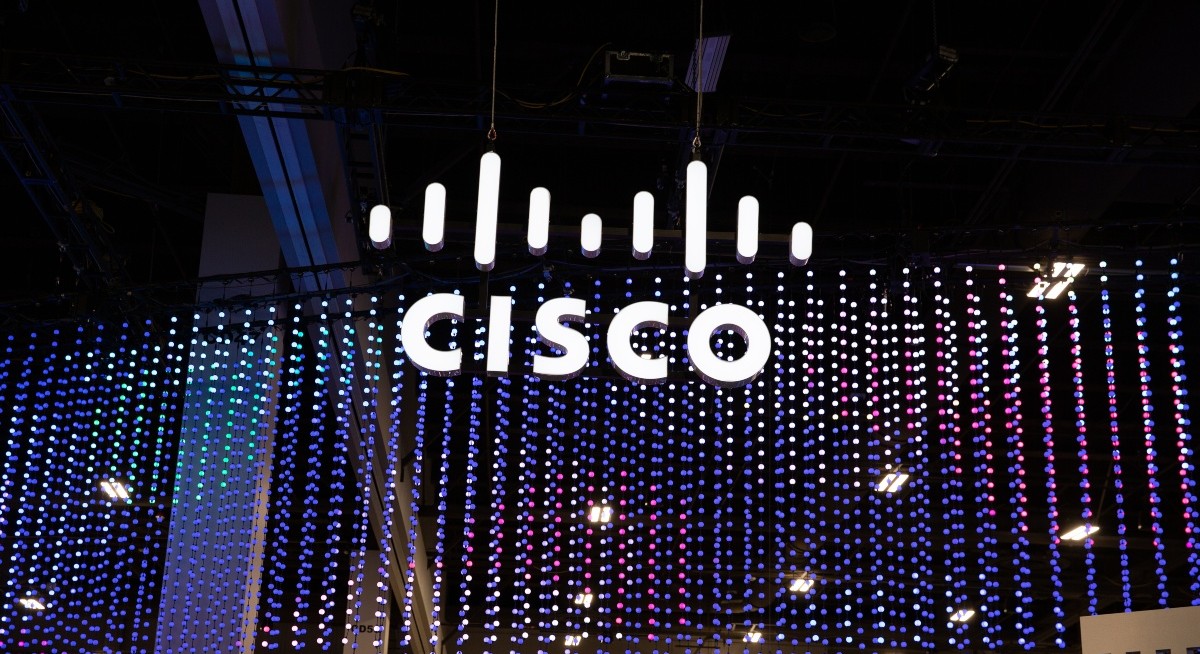But these solutions may be prohibitively expensive to implement, especially for small and medium businesses (SMBs), which may not have the financial muscle to deploy a comprehensive cybersecurity solution.
Helping SMBs to improve their cybersecurity readiness
SMBs' concerns are valid, according to Cisco’s Cybersecurity for SMBs: Asia Pacific Businesses Prepare for Digital Defense study.
The survey reveals that two in three (67%) SMBs in Singapore are more concerned about cybersecurity today than they were 12 months ago.
See also: Thales steps up Singapore investments across advanced manufacturing and digital tech
40% of local SMBs also suffered a cyber incident in the last 12 months, with 51% saying that these cyber incidents cost their business US$500,000 or more.
Cisco says that the top reason highlighted as the cause of these incidents was cybersecurity solutions not being adequate to detect or prevent the attack.
These attacks have a tangible impact on SMBs – from disruption in operations and loss of revenue to a negative impact on the organisation’s reputation.
See also: Local digital asset exchange DigiFT offers tokenised access to Hines’ US$6 bil real estate portfolio
As such, on May 5, Cisco launched a new assessment tool for Singapore SMBs to better understand their overall security posture.
The new online assessment tool assesses the “cybersecurity readiness” of each organisation through the lens of “zero trust,” the concept that all attempts to access an organisation’s network architecture are not granted until trust can be verified.
Cisco explains its approach as such: “When a user accesses an application using a device, both the user and device are verified, with that trust continuously monitored. This helps secure the organization’s applications and environments, from any user, device, and location.”
The tool assesses an organisation’s level of maturity in six areas of “zero trust”, namely, user identity, device, networks, applications, data, and security operations.
Once an organisation enters details of its security capabilities and policies, the tool assesses the overall security posture of the organisation based on industry and sector benchmarks.
In addition, the organisation also gets a bespoke report that indicates its level of maturity, challenges and opportunities in each of the six areas of zero trust.
Where applicable, it also offers tailored recommendations on the technologies and solutions that can help strengthen the organisation’s overall security posture and preparedness in a hybrid work environment.
While this is not the all and end all for SMBs, Andy Lee, managing director for Cisco Singapore and Brunei, says this is a “first step [for SMBs to get a] better understanding of their cybersecurity preparedness, and the opportunities and gaps that require attention”.




